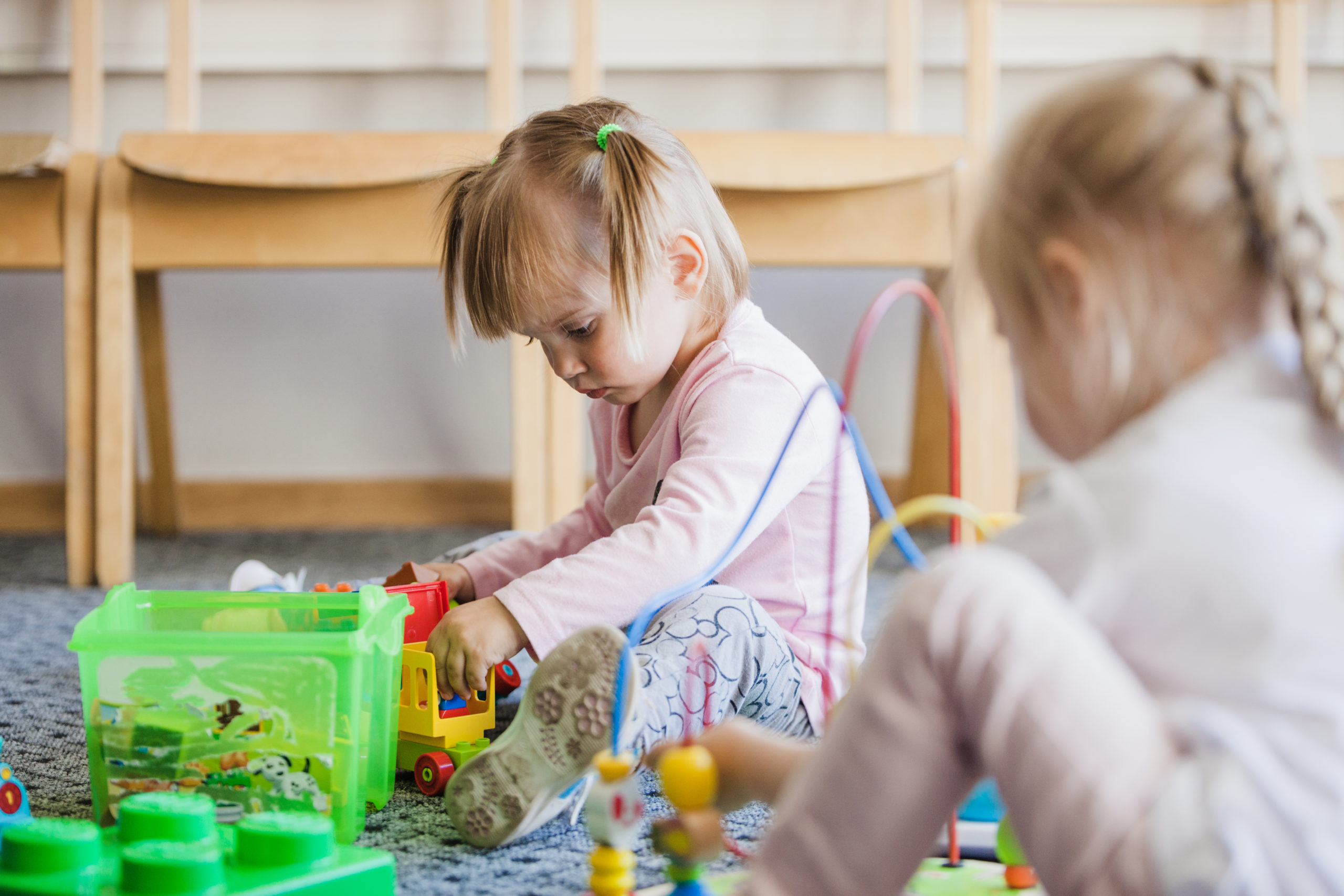The importance of development of emotional intelligence has been recognised around the world for 20 years. In some countries, fortunately, it is just beginning, but it is encouraging that it is gaining momentum. Experts agree that a child’s emotional intelligence should be developed from an early age, i.e., in kindergarten or even at home, before they enter social spaces.
Every moment, we experience certain emotions, sometimes without even realising it. Emotions become important in our lives at very early stage. For a newborn, the most important aspect is an emotionally close connection with their mother. In order to raise your IQ level, it is vital to understand your emotions, recognise them, understand why they arise, and know how to regulate, control, and express them appropriately.
Emotional intelligence can be developed by applying various principles, methods, and tools such as learning skills, creativity, environmental awareness, and artistic expression. Early intellectual development begins at the play stage. In the early years, children experience emotions and feelings through art. Later, they use numbers and letters as tools to express these emotions. The experiences children gain through activities allow them to acquire new knowledge, which they can then apply in their daily lives—both independently and in interaction with peers and adults. The emotions they experience and the skills they develop at this stage later influence how well they will communicate at school, make friends, and adapt to life in general.
Emotional intelligence consists of social and emotional skills that help children recognise, understand, and manage emotions. As they grow and learn about the world—including the rules and structures that shape it—children encounter different emotions and expand their understanding. Two aspects are key in the development of emotional intelligence: an emotionally supportive learning environment and the role of the educator. The teacher’s emotional competence is essential in this process, as it directly supports the development of children’s emotional intelligence.
Humour plays a very important role in the development of IQ. From the first weeks of life, babies have a sense of humour. From 6 weeks, you can play peek-a-boo with your child, and they will respond with laugh. True humour emerges in the second year of life, when children begin to understand the symbolic meaning of words and objects. When developing IQ, humour can be used as a way to divert attention from the problem that has arisen. Humour helps children cope with stress, anxiety and anger encouraging children to joke and notice humour even in awkward situations. Throughout their jokes, they convey their likes and dislikes and can express positive and negative feelings. The easiest way to encourage a child’s sense of humour is throughout play. But we need to teach children to distinguish between bullying and jokes.
So, emotional intelligence is important for kids in a lot of ways: it helps them to understand themselves, and once they understand themselves, they can have more positive experiences in their life than negative ones, reach their goals, and find constructive ways to solve problems. It is the ability to recognise and manage one’s emotions and feelings, understand other people’s emotional reactions, and gain the necessary emotional competencies. The basic principles of emotional intelligence education must be implemented at early year’s age, because by the age of 8, it is noticeable that the basic emotional intelligence abilities/inabilities have already been formed. Emotional intelligence is very important for children, as they learn to control their desires, get along with other people, work in a team, and grow up to be members of society, take leadership, feel self-confidence, and overcome challenges.

